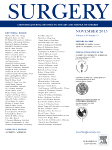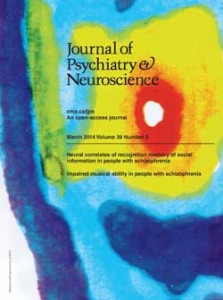 A federal investigation into a paper on prostate cancer has now led to a retraction. In an unusual twist, it happened following a request from the animal rights group People for the Ethical Treatment of Animals (PETA).
A federal investigation into a paper on prostate cancer has now led to a retraction. In an unusual twist, it happened following a request from the animal rights group People for the Ethical Treatment of Animals (PETA).
In January, the Office of Research Integrity reported that corresponding author Dong Xiao “intentionally fabricated data” in an Oncotarget study of how a steroid inhibits the growth of prostate cancer. Xiao, a former cancer researcher at the University of Pittsburgh, claimed that he had tumor data from more mice than he did, and falsified several figures.
In July, after no sign of the retraction, a researcher at PETA followed up with the journal, Oncotarget, on behalf of the organization “and our more than 3 million members and supporters to request the immediate retraction.”
Last month, they received a reply from the publisher, which they forwarded to us:
Continue reading Prostate cancer paper flagged by ORI is retracted following PETA prompt
 An investigation at St. Jude Children’s Hospital into “irregularities” in a figure featured in a neuroblastoma paper has concluded that the image was fabricated. The paper, published in Surgery in 2012, was retracted on Friday.
An investigation at St. Jude Children’s Hospital into “irregularities” in a figure featured in a neuroblastoma paper has concluded that the image was fabricated. The paper, published in Surgery in 2012, was retracted on Friday.

 An investigation at the University of Illinois at Chicago has found “a preponderance of evidence” that a psychiatrist who has received millions of dollars in federal funding has committed misconduct.
An investigation at the University of Illinois at Chicago has found “a preponderance of evidence” that a psychiatrist who has received millions of dollars in federal funding has committed misconduct.


 We’ve learned about two more retractions we missed for
We’ve learned about two more retractions we missed for 
